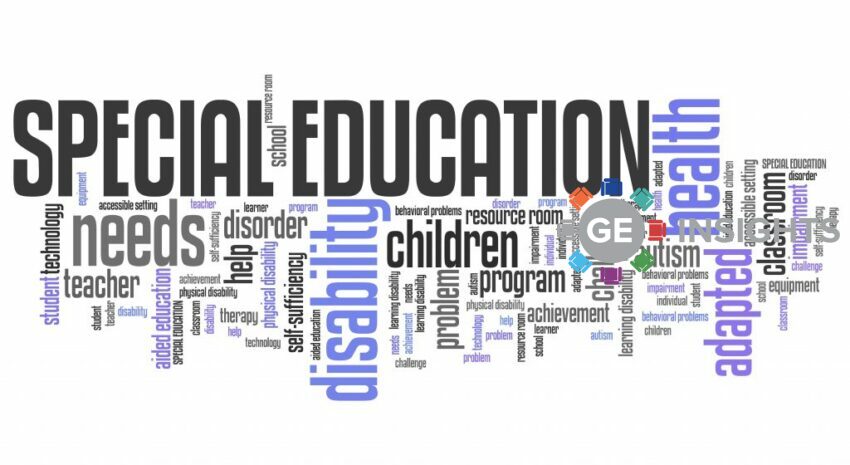Lucy Campbell is Head of Multiple Disadvantage – Service Transformation at the London-based homelessness charity Single Homeless Project. Through identifying severe social problems that are co-occurring and mutually reinforcing, she advocates for long term, relational and holistic support as the only method to engage women experiencing domestic abuse and homelessness.
In this video, Campbell outlines the key challenges facing these women and suggests integrated responses to reach survivors remaining in dangerous and challenging situations. She presents the findings of crucial research conducted by Fulfilling Lives in Camden and Islington (FLIC) in 2021, with video excerpts of survivors who shared their experiences as part of the research. Campbell promotes the offering of choice and control to overcome powerlessness caused by trauma, advocating for an understanding of trauma in the homelessness sector as a gendered experience.
Register FREE to access 2 more articles
We hope you’ve enjoyed your first article on GE Insights. To access 2 more articles for free, register now to join the Government Events community.
(Use discount code CPWR50)




